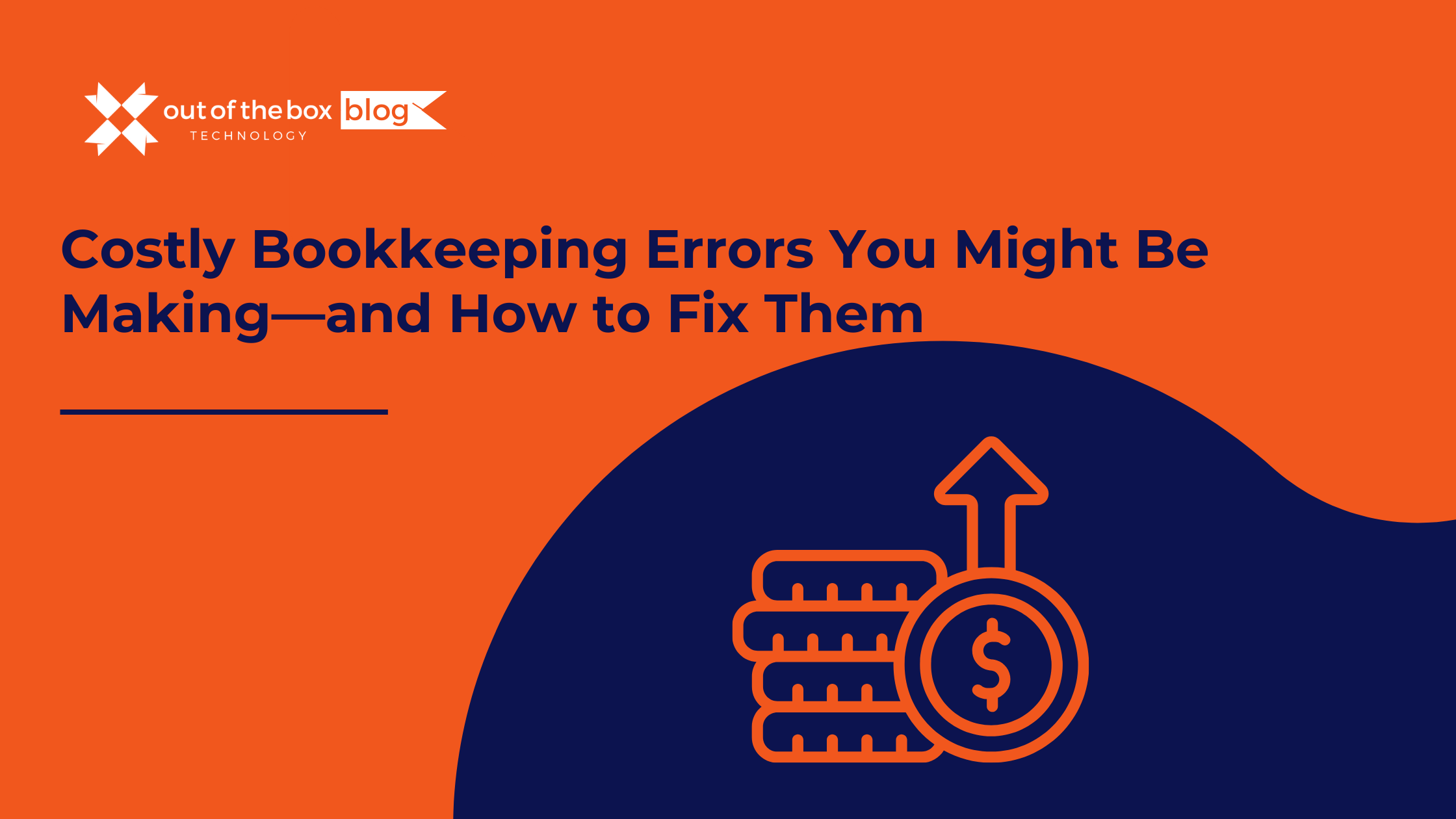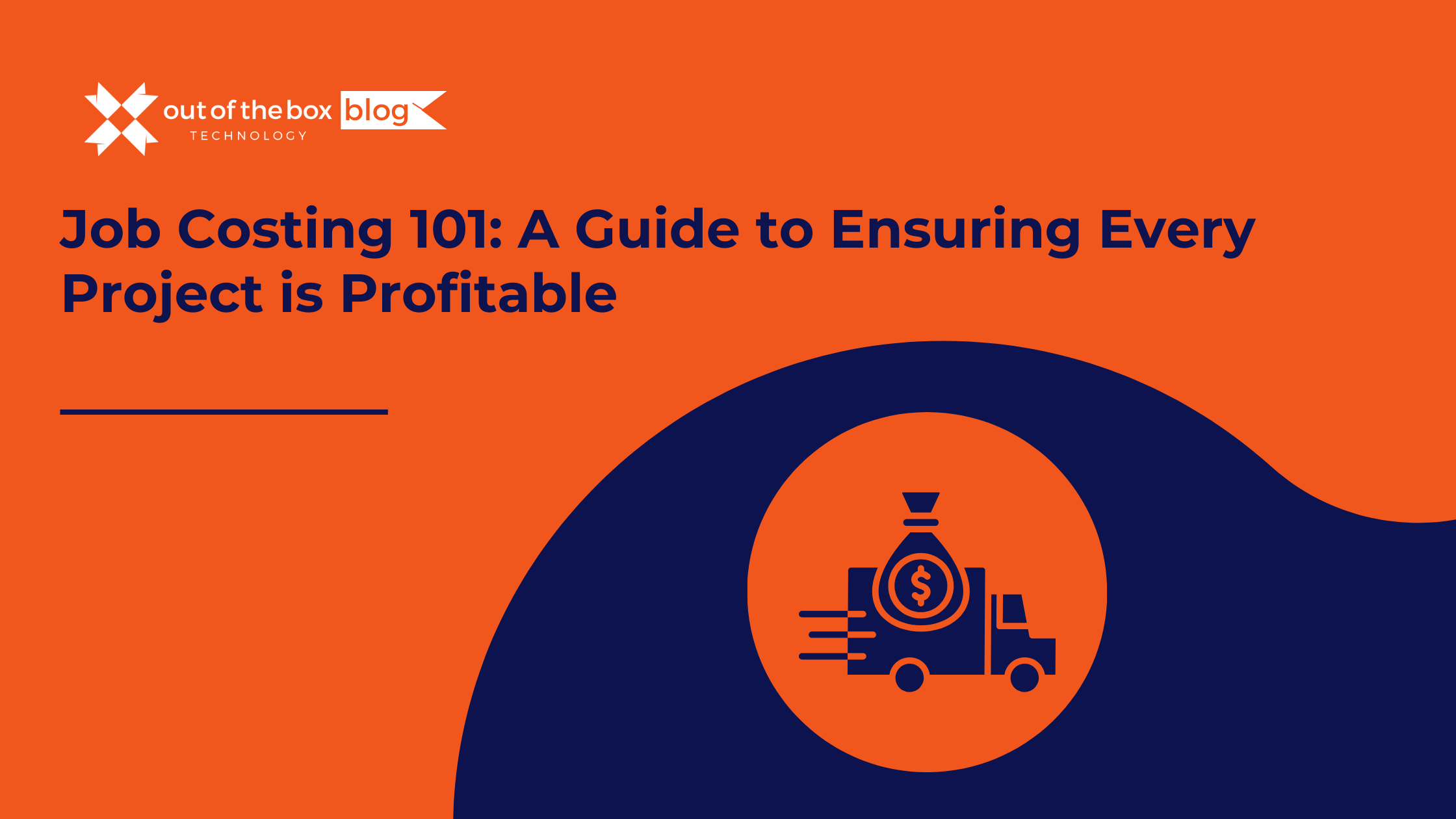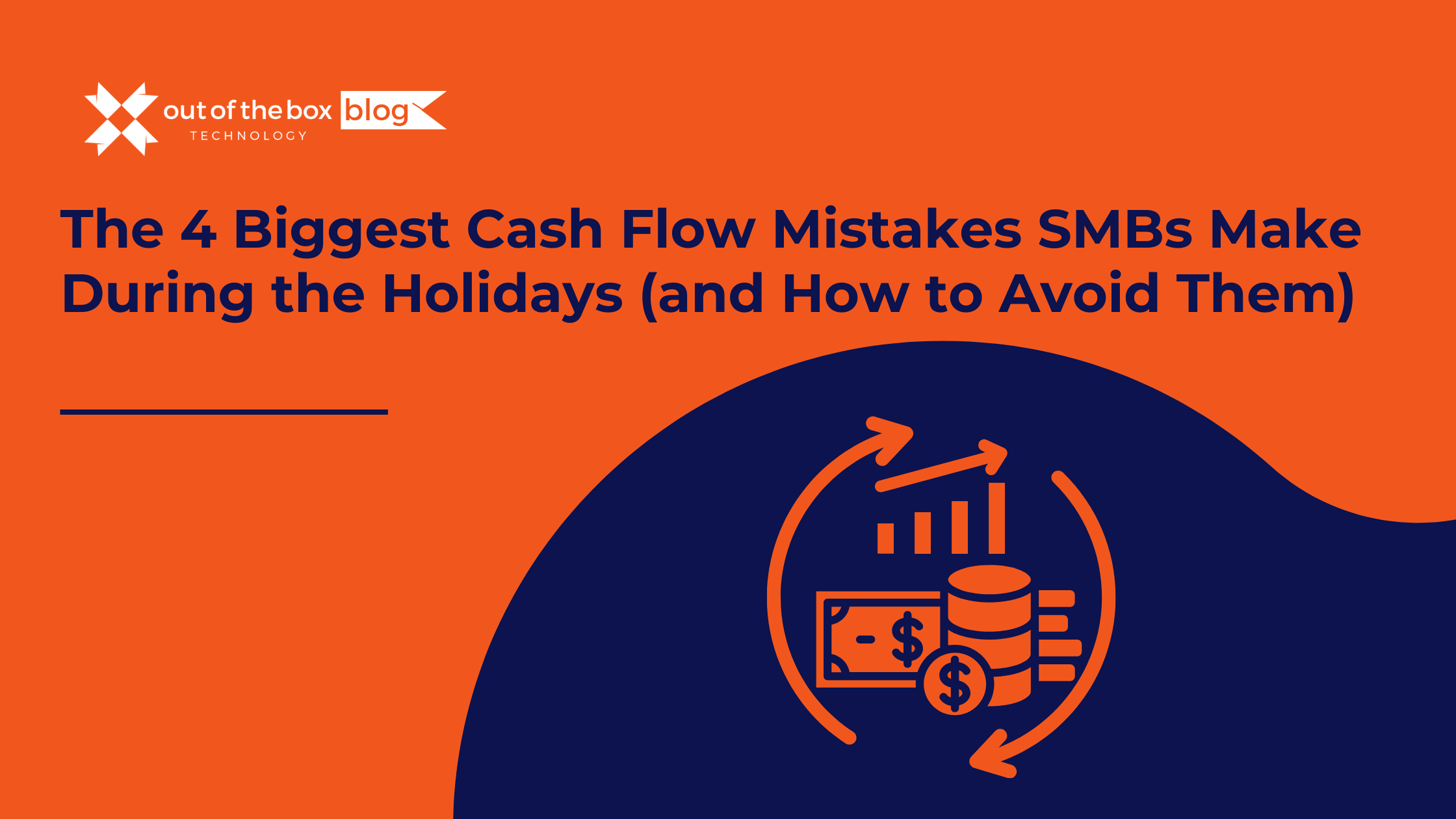Bookkeeping is the backbone of sound financial management. Yet, even experienced business owners and bookkeepers can fall into traps that result in costly bookkeeping errors. These mistakes can lead to cash flow issues, tax penalties, missed deductions, and flawed decision-making—often without you realizing it until it’s too late.
In this guide, we’ll identify the most common and expensive bookkeeping errors, explain why they occur, and offer actionable steps to fix or prevent them. Whether you’re managing your books in-house or using software like QuickBooks or Xero, this post will help you avoid critical accounting pitfalls.
Table of Contents
-
Why Bookkeeping Accuracy Matters
-
10 Costly Bookkeeping Errors and How to Fix Them
-
Impact of Bookkeeping Errors on Business Health
-
Preventing Future Bookkeeping Mistakes
-
Real-World Examples of Bookkeeping Gone Wrong
-
FAQs About Bookkeeping Errors
-
Final Thoughts
1. Why Bookkeeping Accuracy Matters
Accurate bookkeeping is more than a compliance task—it directly impacts:
-
Cash flow tracking
-
Business profitability
-
Tax reporting and audit readiness
-
Budget forecasting
-
Investor or lender confidence
According to the IRS, bookkeeping errors are among the top reasons small businesses are audited or penalized. Inaccurate financial records can also obscure performance metrics that are vital for strategic planning.
2. 10 Costly Bookkeeping Errors and How to Fix Them
1. Mixing Personal and Business Expenses
Why it happens:
Many small business owners use personal credit cards or bank accounts for business purchases.
Why it’s a problem:
-
Leads to inaccurate financial reporting
-
Complicates tax deductions and audit readiness
-
Blurs business profitability
How to fix it:
-
Open dedicated business checking and credit accounts
-
Use accounting software to separate personal vs. business expenses
-
Reimburse yourself through the proper accounting channels
2. Failing to Reconcile Bank Accounts Regularly
Why it happens:
Owners assume the accounting software sync is enough.
Why it’s a problem:
-
Misses unauthorized transactions or bank errors
-
Causes discrepancies in cash flow
-
Can affect payroll and vendor payments
How to fix it:
-
Reconcile bank and credit card accounts monthly
-
Use reconciliation features in tools like QuickBooks or Xero
-
Investigate and correct discrepancies immediately
3. Incorrectly Categorizing Transactions
Why it happens:
Bookkeepers or owners rush through data entry without understanding chart of accounts.
Why it’s a problem:
-
Misstates financial reports
-
Affects tax reporting (e.g., misclassified contractor payments)
-
Hinders budget analysis
How to fix it:
-
Use a standardized chart of accounts
-
Train team members or outsource to a professional
-
Regularly audit expense categories and correct inconsistencies
4. Missing or Unrecorded Expenses
Why it happens:
Receipts are lost, or purchases are made outside the accounting system.
Why it’s a problem:
-
Understates actual expenses
-
Leads to higher taxable income
-
Skews financial planning
How to fix it:
-
Use digital receipt tools (e.g., Dext, Expensify)
-
Connect all business payment accounts to your bookkeeping software
-
Record every transaction, even small ones
5. Neglecting Accounts Receivable and Payable
Why it happens:
Owners focus only on cash in and out, not what’s owed or outstanding.
Why it’s a problem:
-
Missed collections lead to cash flow gaps
-
Late payments hurt credit and vendor relationships
-
Inaccurate financial statements
How to fix it:
-
Create automated reminders for unpaid invoices
-
Use aging reports to track overdue payables and receivables
-
Match payments with invoices as soon as they’re made
6. Overlooking Payroll Liabilities
Why it happens:
Payroll taxes and benefits are not recorded or remitted correctly.
Why it’s a problem:
-
Triggers IRS penalties or audits
-
Employees may not receive proper benefits or withholdings
-
Affects employer compliance
How to fix it:
-
Use a payroll provider that integrates with your bookkeeping system
-
Reconcile payroll reports with bookkeeping entries monthly
-
Review IRS deposit schedules for payroll taxes
7. Using the Wrong Accounting Method
Why it happens:
Businesses incorrectly use cash instead of accrual (or vice versa) without understanding the implications.
Why it’s a problem:
-
Misrepresents financial performance
-
Can affect loan applications or investor reports
-
May lead to IRS misfilings
How to fix it:
-
Consult with an accountant on the best method for your business
-
Ensure consistency across all statements
-
Document method in your financial policies
8. Not Backing Up Financial Data
Why it happens:
Over-reliance on local files or unsynced cloud systems.
Why it’s a problem:
-
Risk of data loss due to system failure
-
Delayed tax filings or compliance breaches
-
No recovery plan in case of disaster
How to fix it:
-
Set up automatic cloud backups
-
Use reputable accounting platforms with encrypted data security
-
Store key financial reports in a secure shared drive
9. Skipping Monthly Financial Reviews
Why it happens:
Business owners are too busy to review books regularly.
Why it’s a problem:
-
Problems go unnoticed for months
-
Errors compound over time
-
No real-time financial visibility
How to fix it:
-
Set recurring calendar events for reviews
-
Create monthly dashboards or summary reports
-
Assign responsibility to an internal team member or bookkeeper
10. Not Hiring a Professional When You Should
Why it happens:
Business owners try to save money by managing books themselves.
Why it’s a problem:
-
Increases risk of costly errors
-
Limits ability to scale efficiently
-
Wastes time on non-revenue activities
How to fix it:
-
Hire a part-time bookkeeper or virtual service
-
Use outsourced CFO services for advanced reporting
-
Treat bookkeeping as a revenue protection function
3. Impact of Bookkeeping Errors on Business Health
Bookkeeping errors are more than clerical mishaps—they can cost you time, money, and reputation. According to a U.S. Bank study, 82% of small business failures are due to poor cash flow management, often stemming from bookkeeping issues.
Potential consequences:
-
Tax penalties and audits
-
Delayed vendor payments
-
Damaged credit score
-
Incorrect inventory valuations
-
Inability to obtain financing
4. Preventing Future Bookkeeping Mistakes
Implementing Best Practices:
-
Use cloud-based accounting software
-
Automate recurring entries and reconciliations
-
Document processes for consistency
-
Train staff on basic accounting principles
-
Schedule quarterly reviews with a CPA
Invest in the Right Tools:
-
QuickBooks Online: Great for integration and automation
-
Xero: Strong multi-currency support and user interface
-
Gusto/ADP: For payroll accuracy
-
Dext, Expensify: For receipt management
-
Hubdoc: For document collection and audit trail
5. Real-World Examples of Bookkeeping Gone Wrong
Example 1: Retailer Misses $20,000 in Unbilled Receivables
A small retail chain failed to follow up on invoices in QuickBooks. Months later, they discovered $20,000 in unpaid customer balances. They wrote off 30% due to uncollectibility.
Lesson: Use aging reports weekly and assign follow-up responsibility.
Example 2: Contractor Misclassifies Labor Costs
An independent contractor filed their tax return without properly categorizing labor as contractor payments. This led to an IRS audit and a $3,500 penalty.
Lesson: Understand the difference between W-2 employees and 1099 contractors—and classify correctly.
6. FAQs About Bookkeeping Errors
Q: What is the most common bookkeeping error?
A: Mixing personal and business expenses. It’s also one of the most damaging in the event of an audit.
Q: Can bookkeeping errors affect taxes?
A: Yes. Misclassified expenses or missing income can result in underpayment or overpayment of taxes, and potentially trigger penalties.
Q: How often should I review my books?
A: At least monthly. Weekly reviews are better for high-volume businesses.
Q: Should I do my bookkeeping or hire someone?
A: If your finances are complex, hire a pro. DIY is fine if you’re consistent, but expert review is still recommended quarterly.
Q: What happens if I find a past mistake?
A: Correct it immediately in your accounting software and note it in your records. If it impacts prior tax filings, consult a CPA.
7. Final Thoughts
Bookkeeping errors are easy to make—and often expensive to fix. But with the right systems, regular reviews, and a proactive approach, they’re also entirely preventable.
By identifying and correcting common issues like account misclassification, missing receipts, and inconsistent reconciliations, you can keep your books accurate, your cash flow steady, and your business financially healthy.
Need help cleaning up your books or setting up a foolproof system? Our bookkeeping experts offer audits, training, and monthly services to help you stay on track—so you can focus on growing your business.




